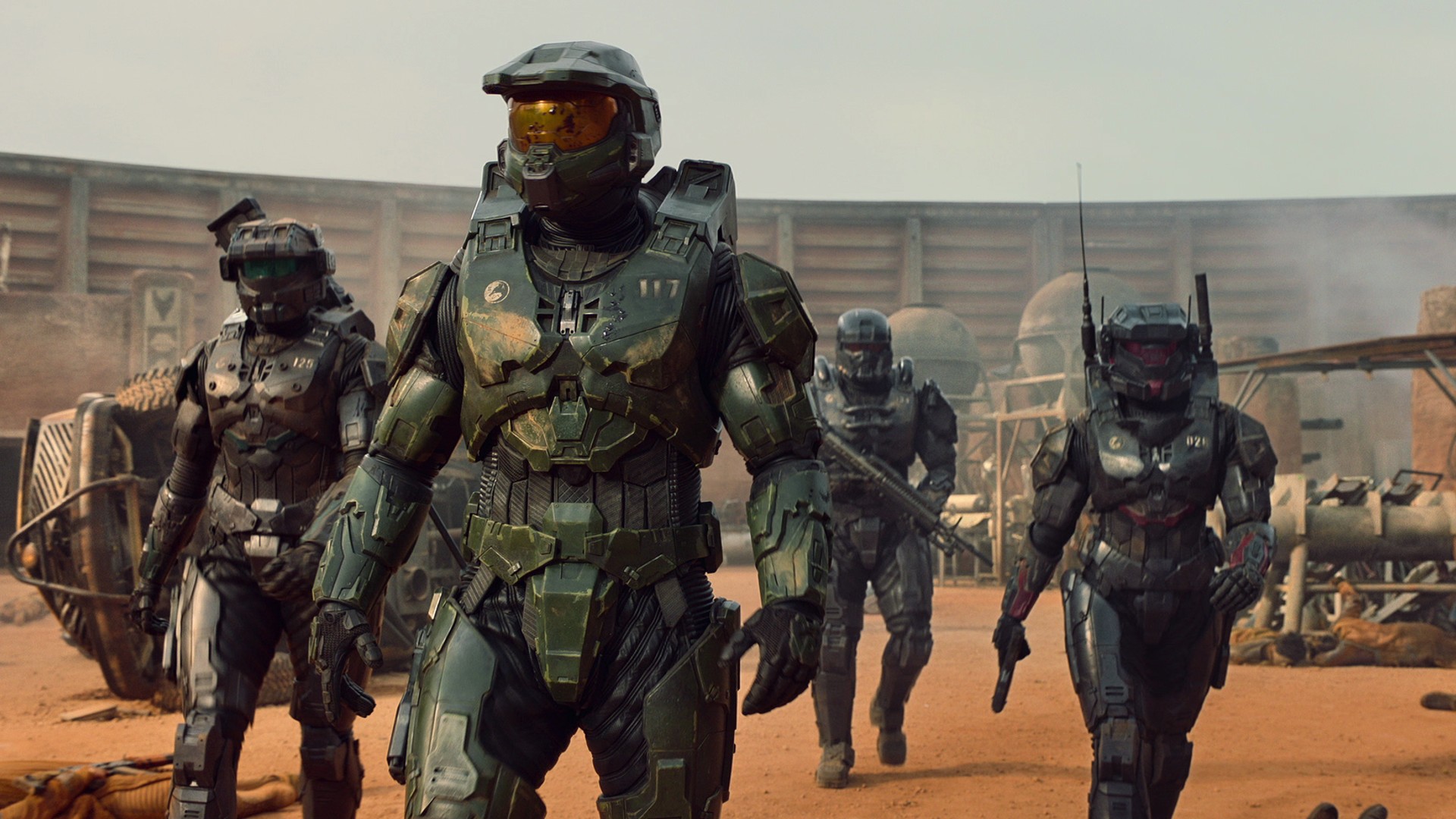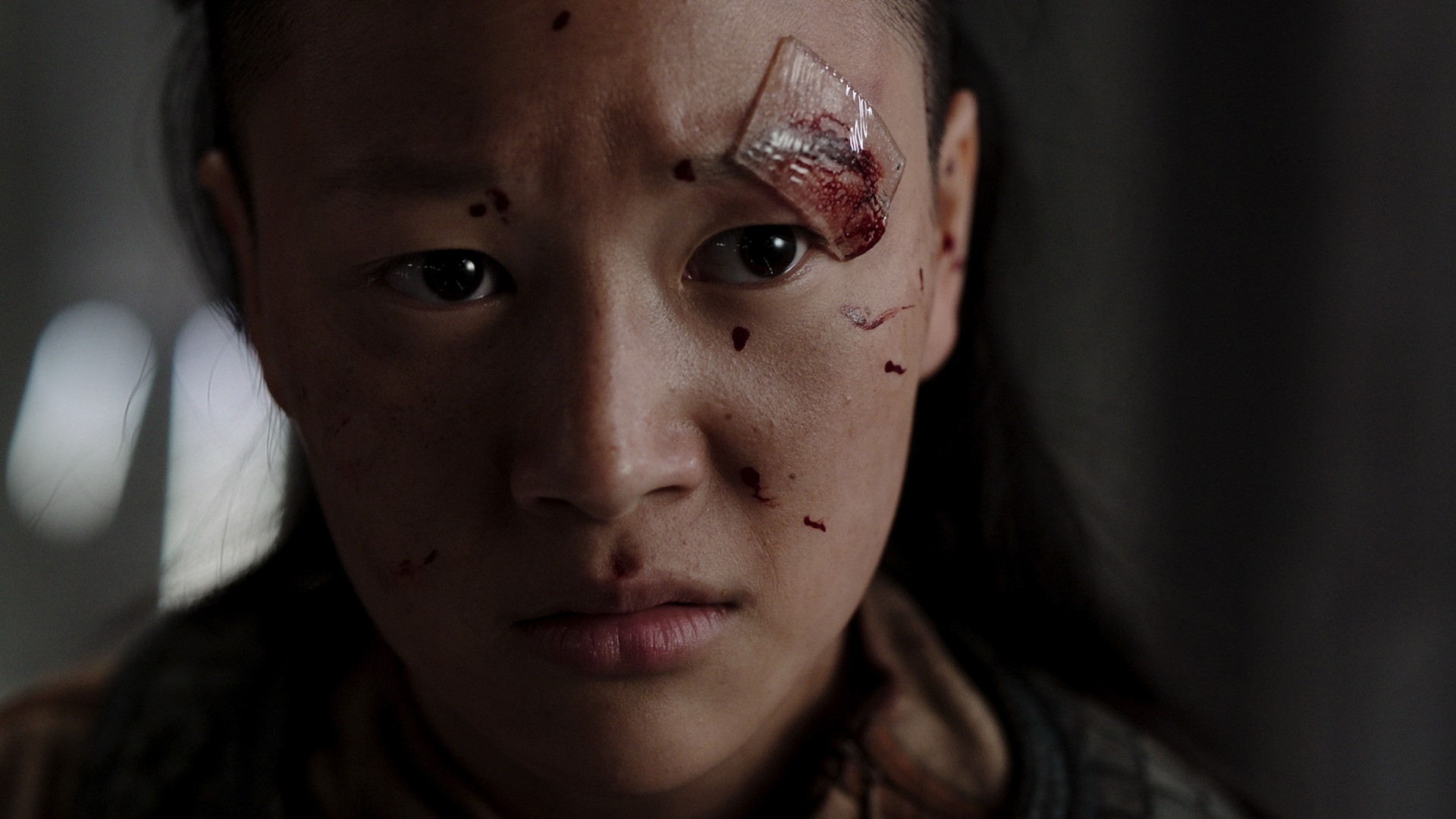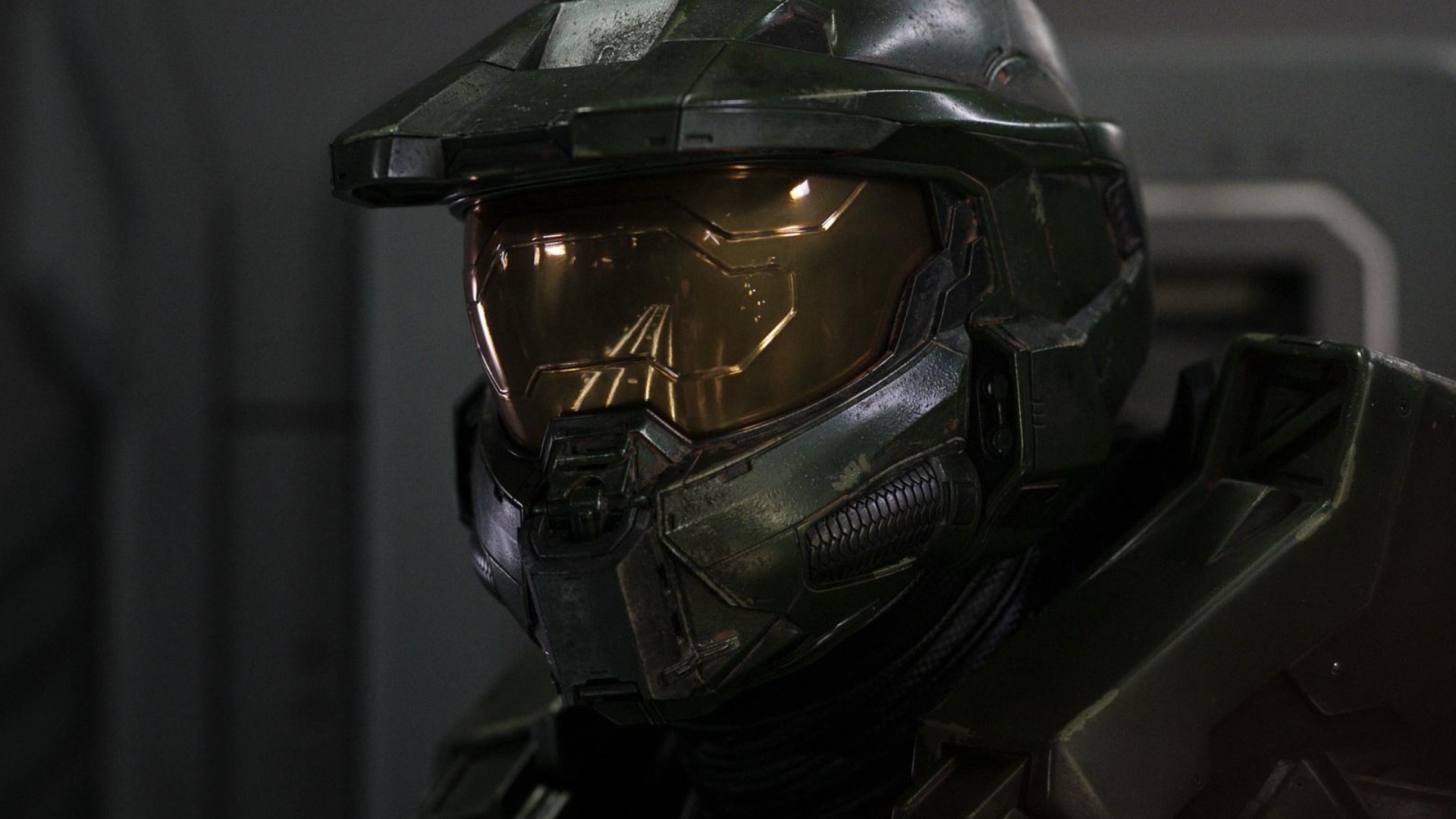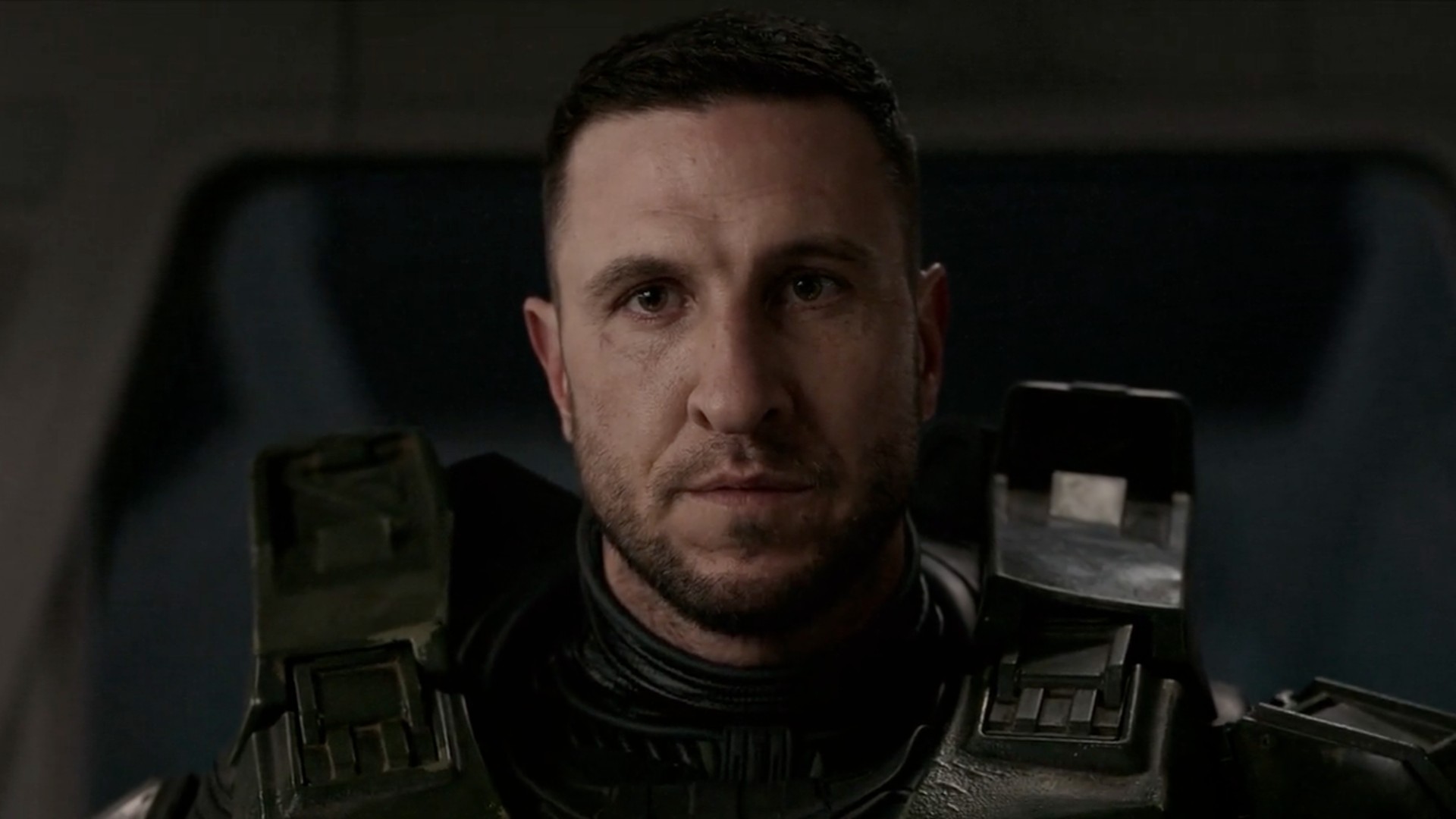The Halo TV series is braver than the games
The Paramount Plus series isn't shying away from Halo's dark truths

Warning: spoilers for Halo episode 1 ahead! Turn back now if you have not seen the new TV series
The Halo TV series is going where no Halo game has gone before. From the premiere, it’s clear that this is not going to be your run-of-the-mill Master Chief vs. the Covenant story. Those evil aliens may appear midway through the opening scene, but they come off less villainous than the humans - specifically the classically heroic UNSC, the military branch of the United Earth Government that Master Chief works for.
The Paramount Plus series has delivered a Halo story that we've never seen in the games, and we're only one episode in. The truth behind one of the most iconic video game characters of all time – his creation and subsequent subjugation – has been brought to light. And, as a result, the Halo TV series is telling a much more important story than any of the games have yet.
The violence of the UNSC


A new Halo for a new generation: How the TV series is reinventing Master Chief
If you've played the Halo games, you're familiar with the UNSC. They are the good guys – or at least, so they seem. Start reading the franchise's lore books, however, and you'll discover that the intergalactic military force controls nearly 800 planets, many of which believe the United Earth Government (or UEG) are stripping them of their natural resources. Because of this, these planets want independence. Known as Insurrectionists, these humans are painted by UNSC propaganda as freeloaders who don't want to contribute to the common cause.
The Halo TV series opens with Insurrectionists on the planet Madrigal, and we quickly learn just how little they think of the UNSC. Violence has clearly broken out between these rebels and the government before, as several people sitting at a card table discuss whether they've ever fought a Spartan. Yes, the Spartans – those iconic, armored heroes – were not created to fight the Covenant, but cooked up in a lab by a government-employed scientist to help quell rebellions with violence. For the Insurrectionists, the Spartans are not protectors, they are aggressors.
While this is canon in the Halo games, the series has never really asked us to reckon with the facts, instead painting Master Chief and other Spartans as the shields that defends humanity against alien attacks. But the Halo TV series lets you know from the jump that the Spartans are walking human rights violations. It's a drastically different tone from the games, and one that has important implications in the wake of the summer of 2020, where protests against police brutality in America were met with increasingly militarized police. That the character we're supposed to latch onto as an audience is an original creation, Kwan Ha, daughter of an Insurrectionist leader who the UNSC decides to assassinate because of the political threat she poses, says a lot about the tone of the series.
The tragedy of Master Chief

The Halo TV series is also unabashedly humanizing Master Chief 117, AKA John, rejecting the masked, monosyllabic supersoldier the games have put on a pedestal. The series (literally) strips away his armor. Cleverly, the series introduces John in a way that resonates with fans of the game: blowing Covenant heads off in all his Mjolnir-armored glory. However, when he interacts with an unknown Covenant artifact, triggering long-forgotten memories, the God-like Master Chief is brought back down to a human level.
Sign up for the Total Film Newsletter
Bringing all the latest movie news, features, and reviews to your inbox
From the moment John touches that artifact, the Halo series establishes a heartbreaking narrative: this man is a puppet of the UNSC, a lab project poked and prodded and controlled and monitored by people who want to let him loose on protestors and unarmed women. He has no memory of a life before this one, no understanding of what brought him here – yet those of us who know our Halo lore know the truth. He was kidnapped at six years old along with 74 other children, identified by Dr. Catherine Halsey as a prime physical and mental candidate for her Spartan-2 program. He was replaced by a "flash clone," a purposefully imperfect clone of himself that would develop neurological conditions and die within weeks.
The Halo TV series is clearly going to unpack this horrible origin story. After touching the artifact, John begins to have random flashes of audiovisual hallucinations which Halsey confirms are his memories. John is learning who he once was and questioning who he is, a breakthrough prompted not only by the artifact, but by Kwan Ha, with whom he has a terse back-and-forth with about orders, authority, and propaganda.
The episode ends with John further humanizing himself by removing his helmet, refusing his orders, and running off with Kwan – a promising beginning to a brand-new, braver Halo story.
The Halo series is set to premiere on Paramount Plus on March 24. Want more from the series? Here's our ranking of the best Halo games.
Alyssa Mercante is an editor and features writer at GamesRadar based out of Brooklyn, NY. Prior to entering the industry, she got her Masters's degree in Modern and Contemporary Literature at Newcastle University with a dissertation focusing on contemporary indie games. She spends most of her time playing competitive shooters and in-depth RPGs and was recently on a PAX Panel about the best bars in video games. In her spare time Alyssa rescues cats, practices her Italian, and plays soccer.



